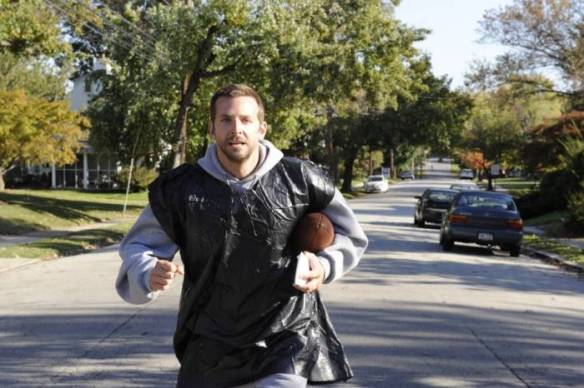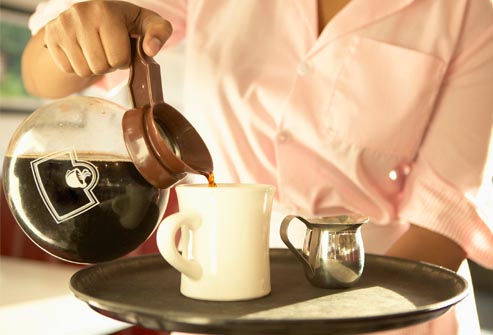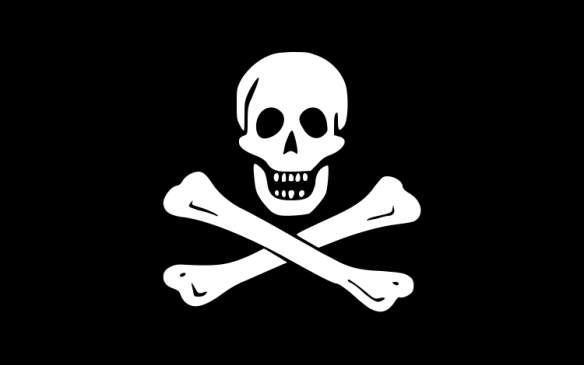
From the film “Silver Lining Playbook” about mental illness
He was already high when I picked him up from the bus station to bring him home.
I’d hoped after a month in jail he’d be clean and sober and ready to make a fresh start on the road to recovery. That’s why we were letting him stay with us. He had nowhere else to go, and we wanted him to be safe until we could get him into rehab.
But it was already too late for safe, for clean, for a fresh start.
I could have refused to bring him home, of course. I could have left him at the bus stop. But I didn’t. I had my suspicions, but I wasn’t absolutely certain he was high.
I was sure a couple of days later though when, after I refused to give him a ride into town, he disappeared in the middle of the night for a couple of hours. Then the next morning he came bouncing out of his room full of sunshine, slathering me with kisses, enveloping me in big bear hugs, feeling good, feeling motivated, feeling like he could move mountains.
And seeing him that way, I wanted to drop to my knees in tears.
When I shared my disappointment, when I explained how his hyper-happiness was like a punch in the gut, he asked, incredulous: “Would you rather see me depressed?”
Would I? I had to think about that. Would I rather see him depressed?
I can’t explain to him why seeing him high is so traumatic for me. It would be too hurtful. It’s already hurtful to him, that I’m crying while he’s feeling so good, so hopeful, so motivated. He’s working out, getting in shape. He’s sorting through all his old bags of clothes stored in the closet, organizing them, doing laundry. He’s reading his spiritual books, The Four Agreements and The Tao of Sobriety, listening to Ram Dass and other gurus on YouTube. He’s calling the Medi-Cal office trying to get a doctor’s appointment so he can get a prescription for Suboxane.
He’s doing all the things I want him to do and should be praising him for doing. But I look at him and just want to bawl. Or scream.
He doesn’t get it. How could he?
In a way, it’s like I have my old son back, my real son. That tender, sweet, intelligent, humorous, fun-loving, energetic guy. I see the son I love so much, but it’s like I’m viewing him through a veil of flickering flames, and he’s a twisted, distorted, fun-house version of himself.
For the drugs make him twitchy. All of his movements are jerky, disjointed. He’s bouncing off the wall, knocking over furniture, breaking things he touches. His facial expressions and body movements are exaggerated, wild, out-of-control. He looks, seems, weird, bizarre, even while he’s hugging, helping, talking about important things we need to talk about.
In fact, he can’t stop talking. He talks to me from behind the bathroom door, from down the hall, from across the house. And when he isn’t talking he’s making weird noises, moans, laughs, grunts, excited exclamations, and incoherent muttering. He’s giving me or himself a running commentary about everything he’s doing, every thought that pops into his head.
I want to hide in the closet with a pillow over my ears and a fist in my mouth to keep from screaming.
But I don’t. He’s happy. My son is happy.
He’s feeling good about himself, hopeful about the future, trying to do what he thinks will please me. He’s practically begging for approval, for affirmation. He’s constantly looking for me to agree with him, to nod my approval, to say “that’s good, that’s right, what a great idea, aren’t you wonderful.” And if I don’t make the right noises at the right time, he’s hurt, wounded.
“What’s wrong? Don’t you love me? Aren’t you happy I’m happy?” I can almost hear him saying.
“Do you want me to be depressed?”
It’s not a matter of “wanting” though. It’s coming. Whether I want it or not. Dangerously Depressed lives right around the corner from Hyper-Happy, and it’s coming.
Within the next few days, rather than bouncing out of his room full of sunshine in the morning, he’ll be curled like a fetus in his bed with the covers pulled over his head. One bare foot will be sticking out jerking like a jack-hammer. He’ll pull the covers down far enough so I see his hot, hard, furious eyes peering out like an angry rooster, as he shouts at me to get out! out! out!
But even this is better than what comes next–Mad Maniac. This is when he roars up and storms around the house, and slams doors and curses, and gets into my face and tries to get me to take him into town so he can get another fix.
Or not. Maybe all that won’t happen this time. Maybe it won’t be that bad. Maybe.
But I’m worried. It’s the old pattern re-emerging, the way it’s played out too many times before. The crazy times, I think of them. That’s why this Hyper-Happy son makes me want to cry, because it reminds me of those times. Episodes of my life that are so bizarre and unbelievable, remembering them is like re-living a nightmare, or being in some alternate universe where crazed people do crazy things to survive and to save the ones they love.
I’ve never told anyone about those crazy times in my life. The things I’ve seen and done and endured, trying to help him.
During those days it was as if I lived in a secretive, shadowy world where I became someone no one would recognize. On the surface I was the same old person everyone knew–quiet, responsible, reasonable. But when I walked on the wild side of addiction with my son, I was anything but that.
I think that’s why I started this blog. Why I named it what I did. Not, as I had thought, had hoped, so I could sort things out and figure out a way to save my son. I want that too. I want that badly. But I think the real reason I created this blog was so I finally could let it all out. All the craziness I experienced. Bring it to the surface, look at it in the light of day.
Maybe then I could come to understand it, this addiction, what it does to us, how it warps everyone around it. Not just him. Me too. Me as much as him.
Maybe then I could find the healing I’m looking for. Heal this terrible guilt and grief and dread. Heal the craziness. And make myself immune to it.
I don’t want to be crazy anymore. I don’t want to be drawn into that world. But I don’t want my son to have to walk through that nightmare landscape by himself either. Alone and crazed.
I want all that craziness to be behind us. But I fear it isn’t. I see its face, lurking in the shadows. Waiting for me around the next corner. Curled beneath the covers in the next room. Peering out at me, tomorrow morning, when I open the door.
[For the rest of the story, read the posts below]
Thank God My Son’s in Jail
He’s Home. Now What?
 I wrote this poem long ago, and never shared it with anyone until today.
I wrote this poem long ago, and never shared it with anyone until today.




